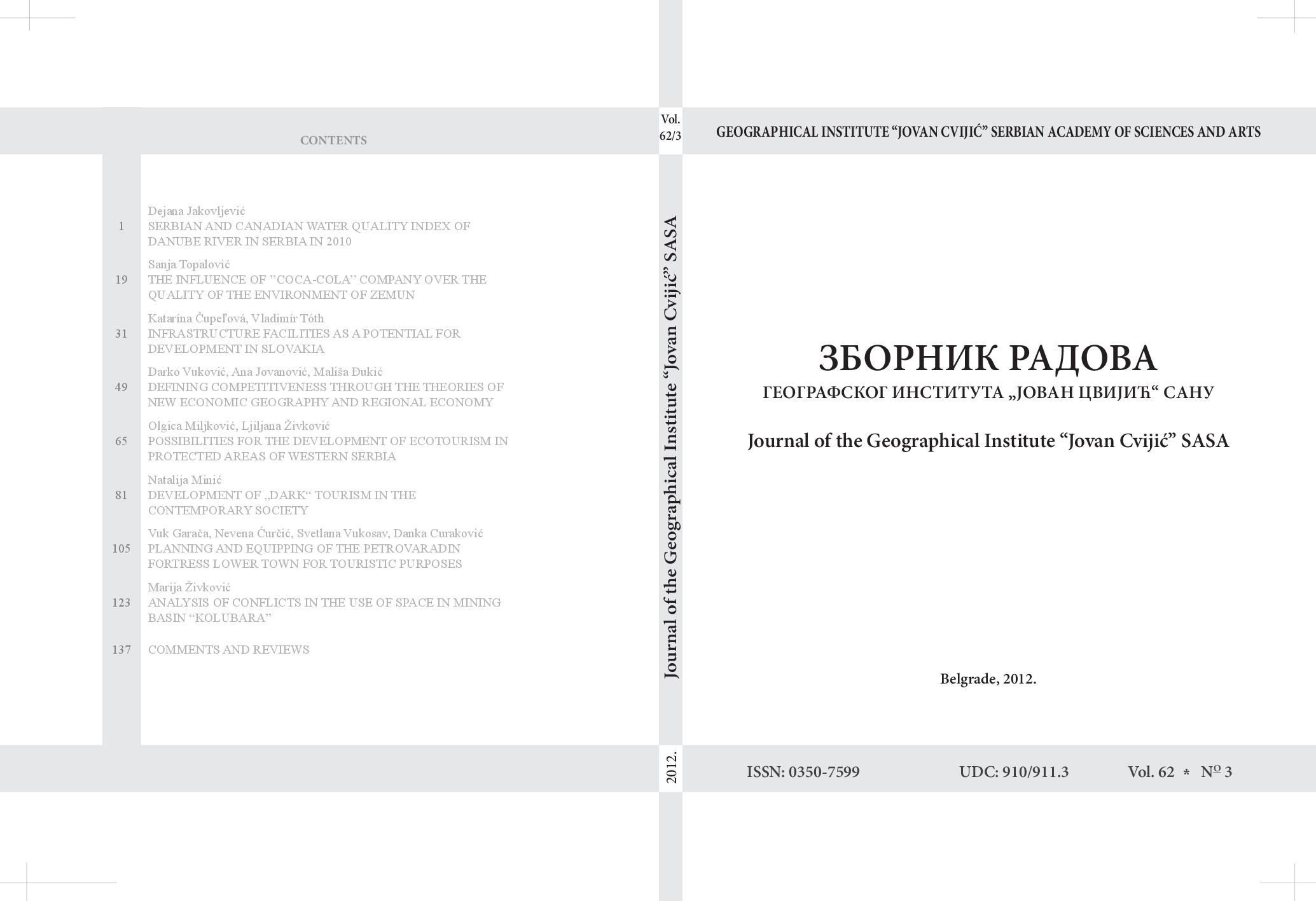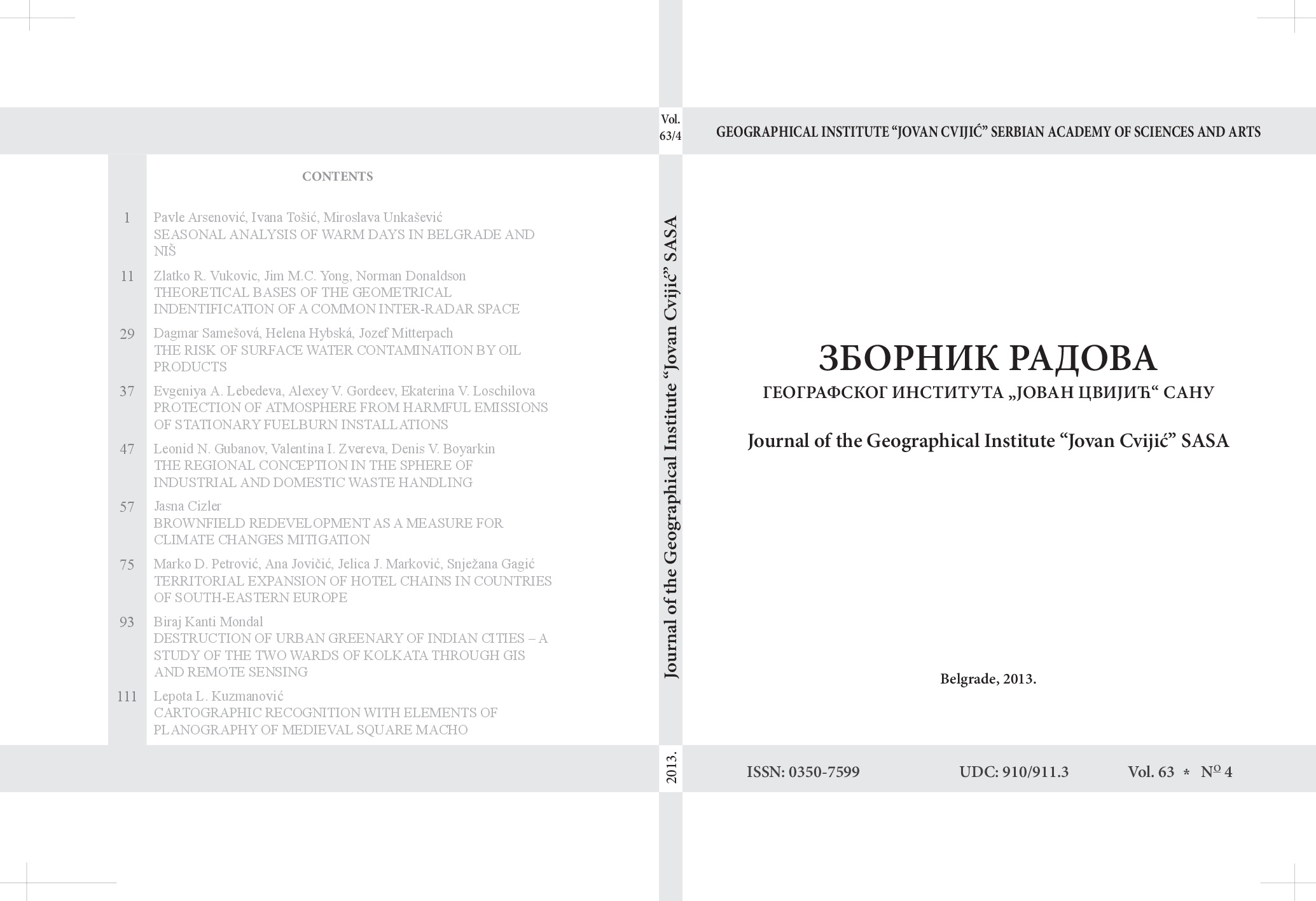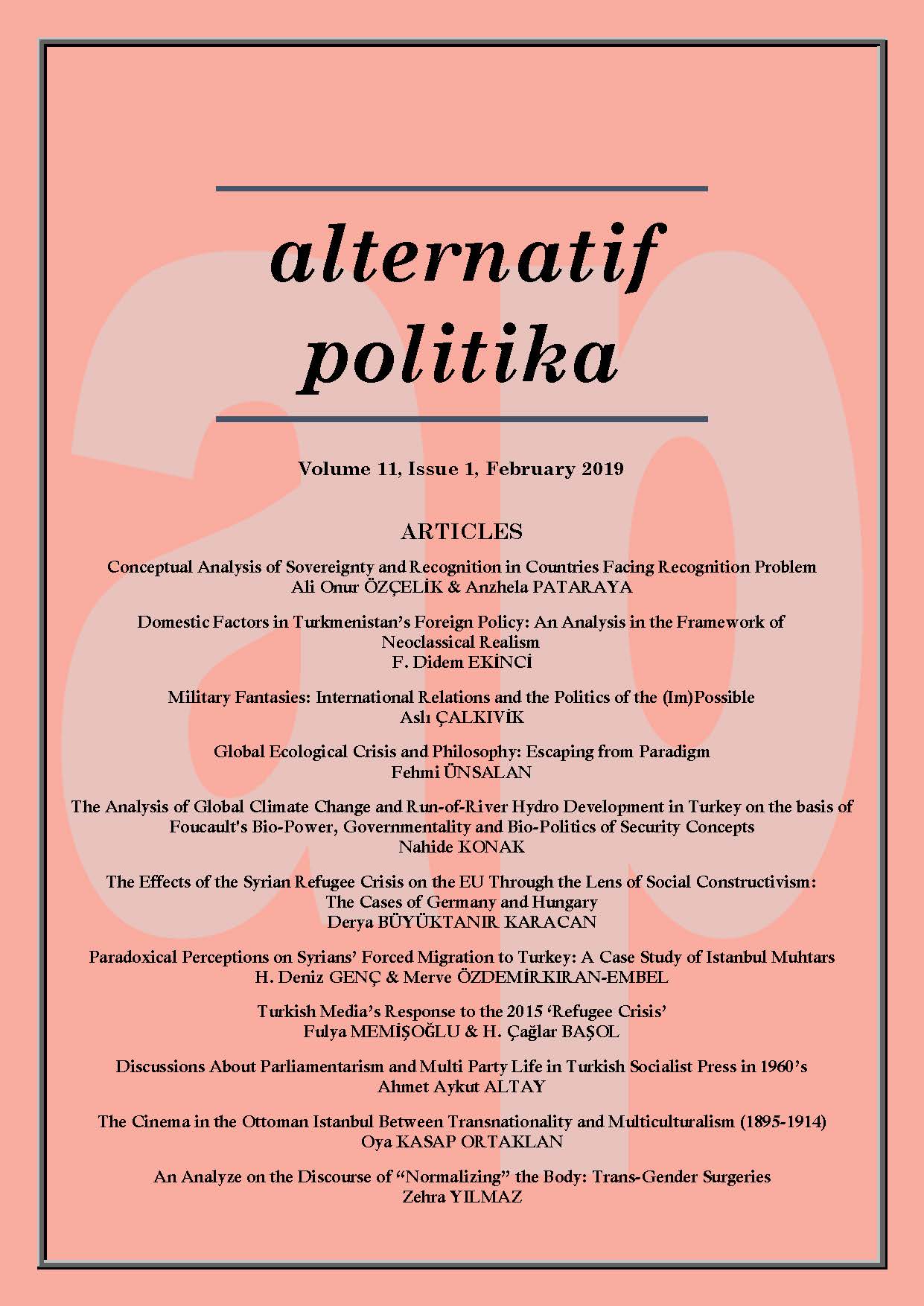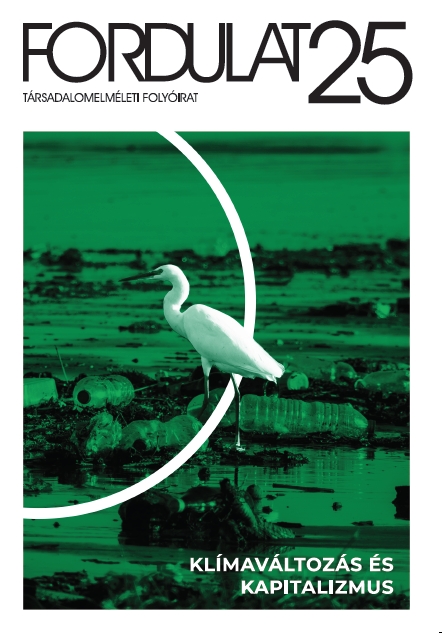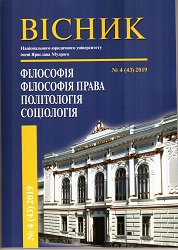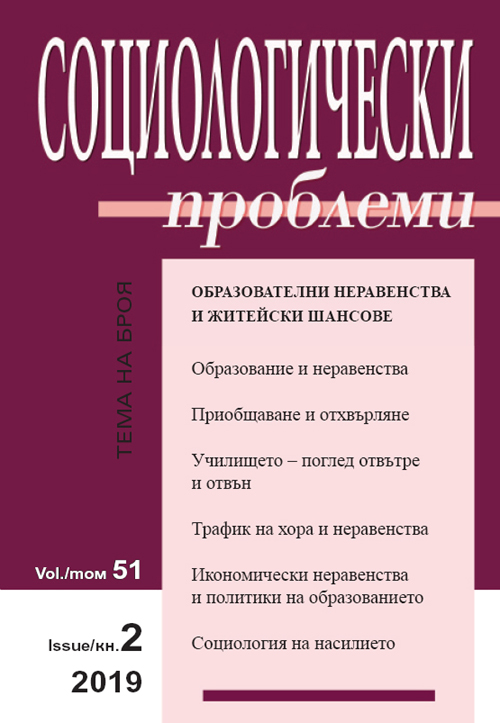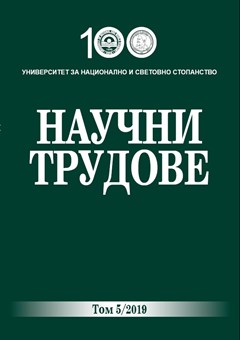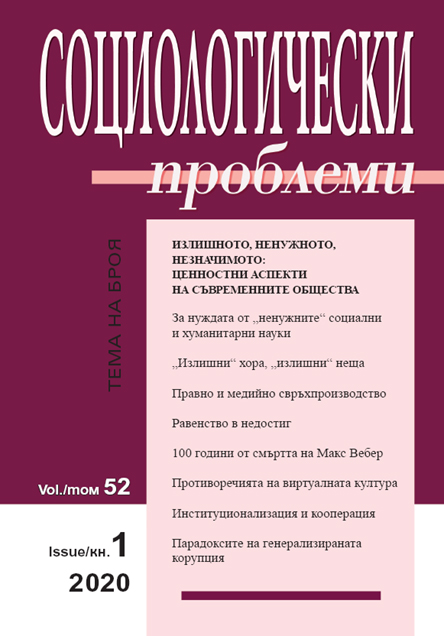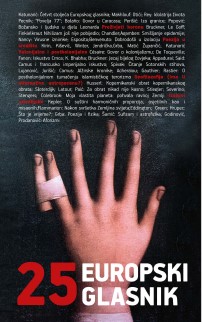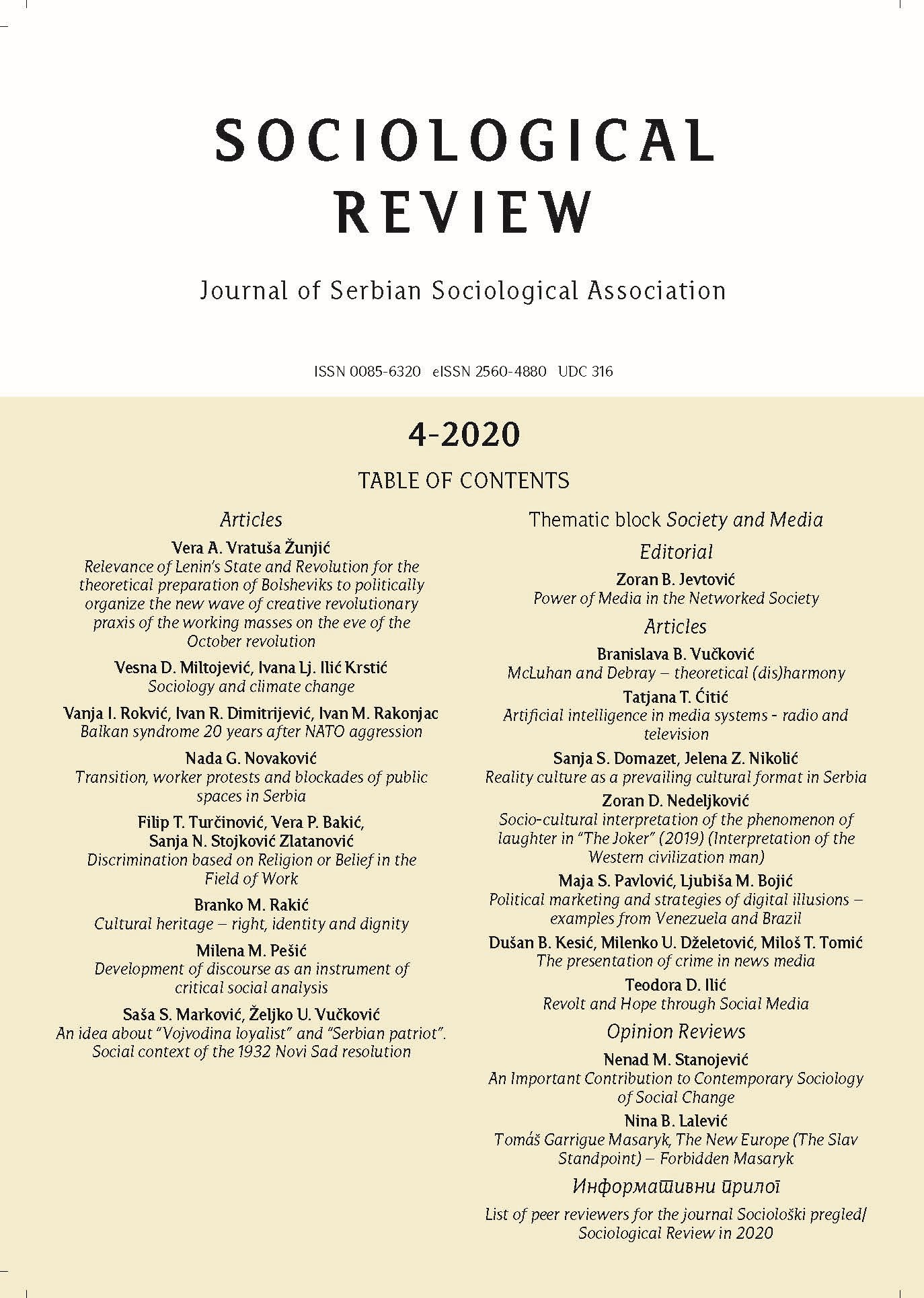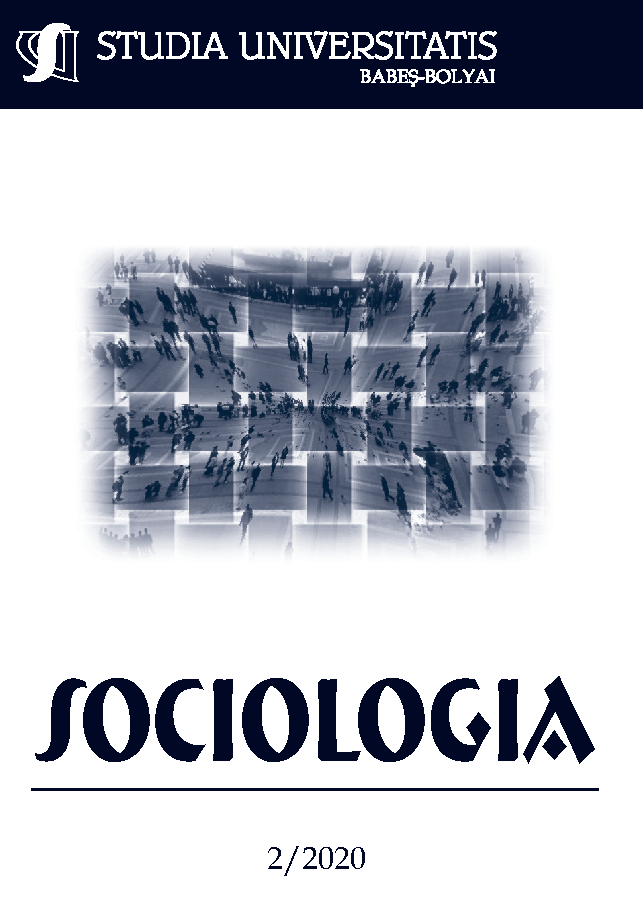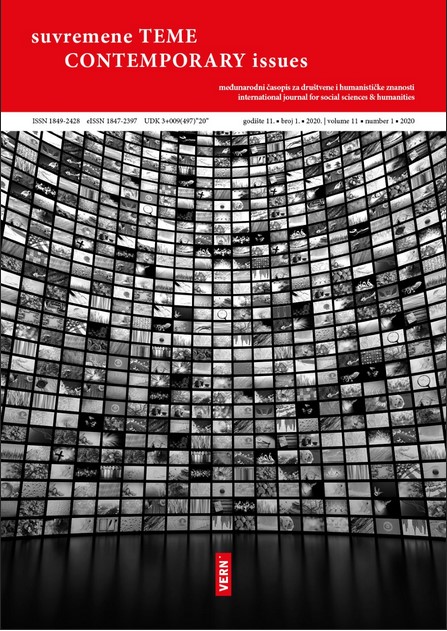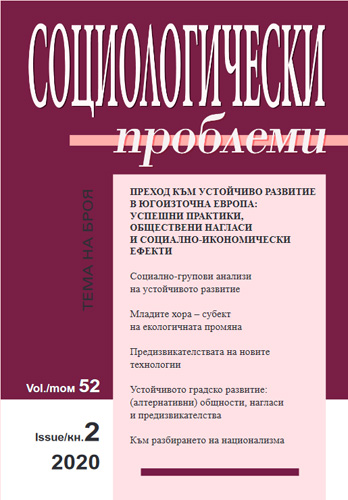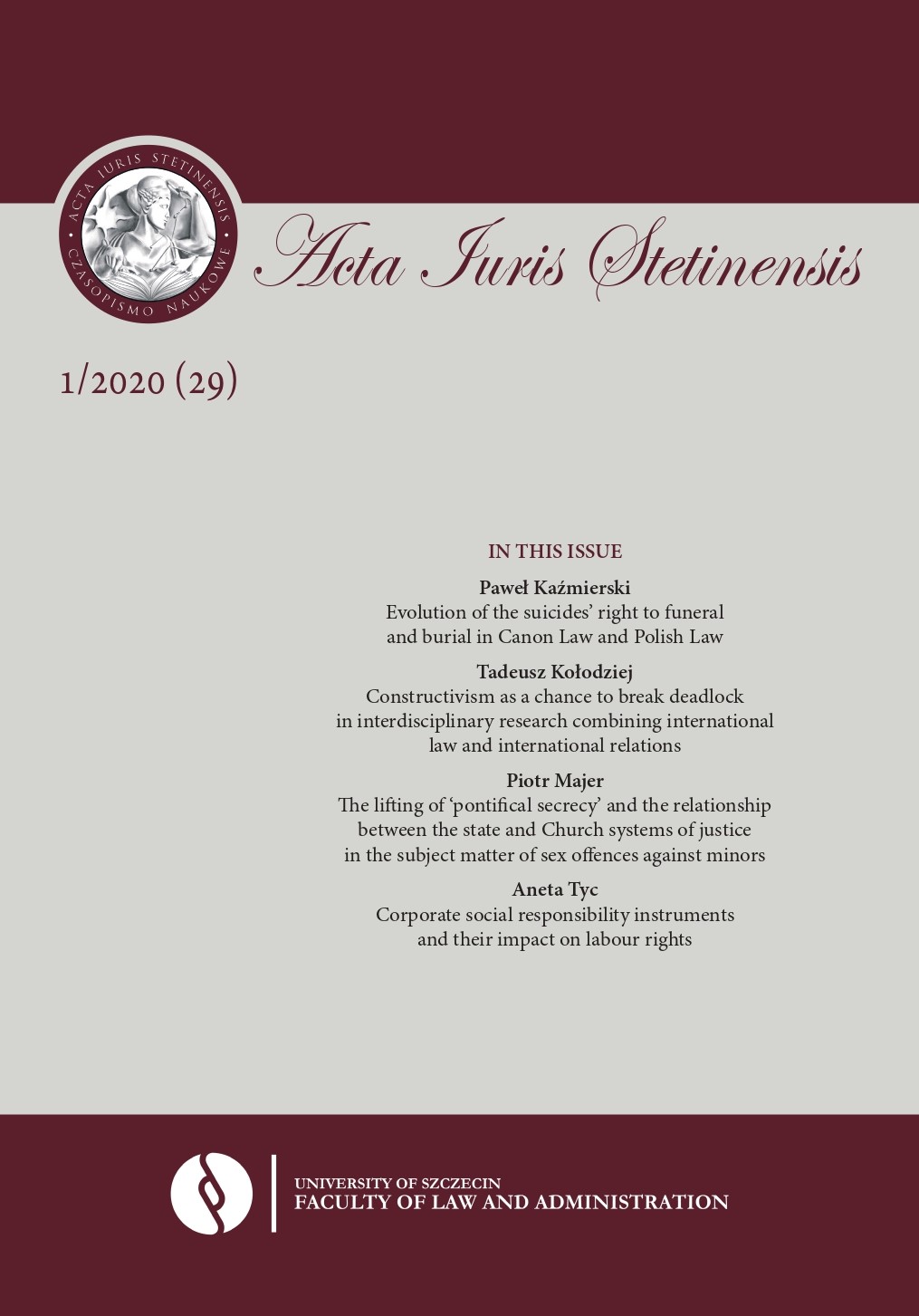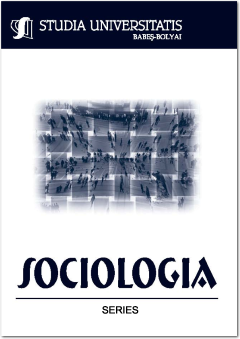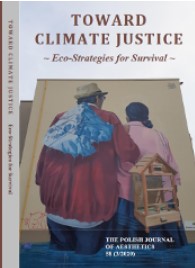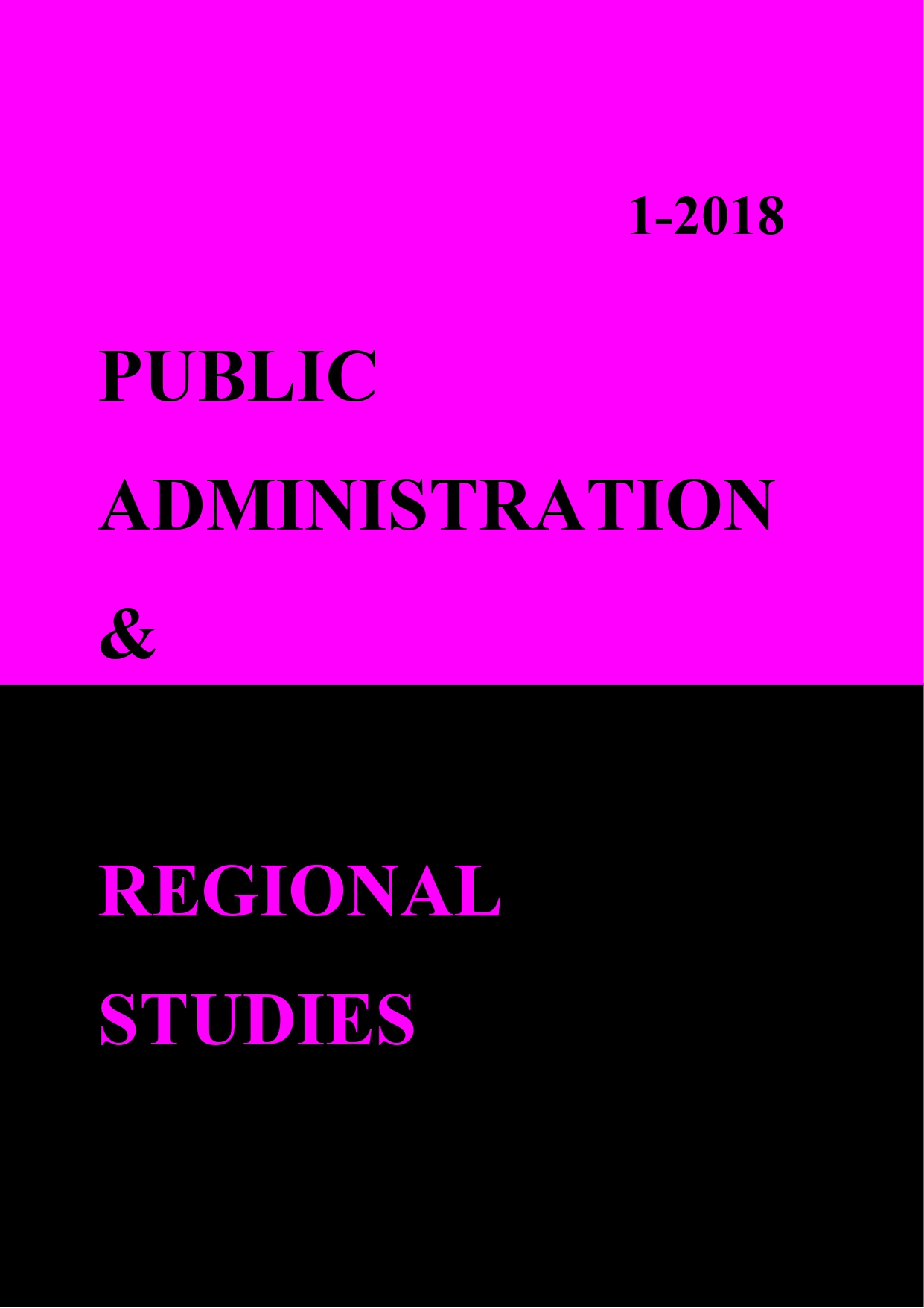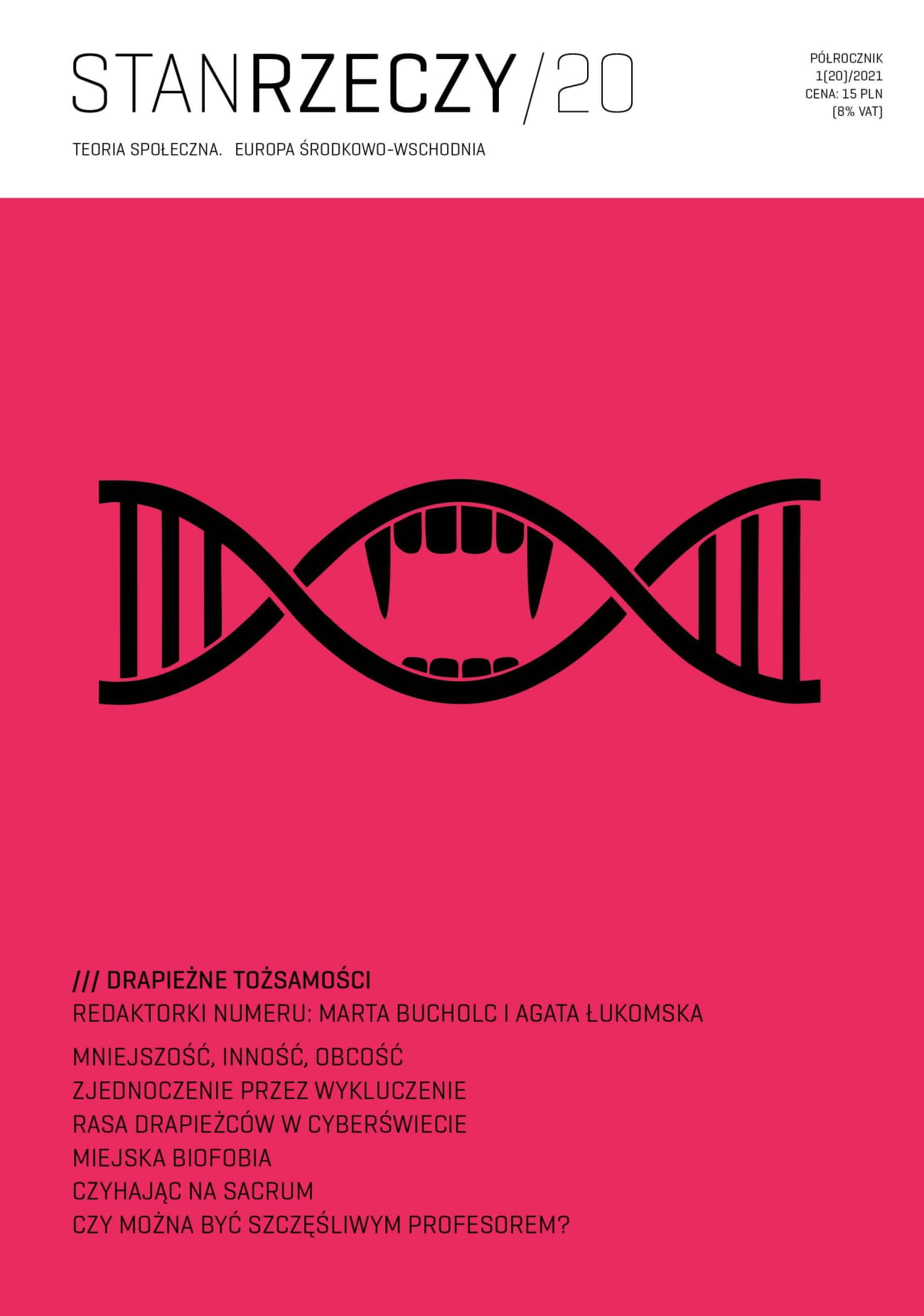Author(s): Oleksandr Yurievich Panfilov,Olga Oleksandrivna Savchenko / Language(s): Ukrainian
Issue: 4/2019
Problem setting. Humanity entered the era of globalization, which is characterized by a number of factors - national economies have melded into a single global system where the capital can easily move, new information opportunities have made the world more open, the technological revolution has led to a qualitative change in the means of production and consumption, the planetary scientific revolution has become a reality; developed industrial countries are striving to liberalization of the movement of goods and capital, the world is moving closer together on the basis of modern means of communication; new international social movements, new modes of transport, new telecommunication technologies are being implemented, education is being internationalized. However, all these innovations have not made the issue of war less burning. World society has faced the trend of increasing wars and armed conflicts in the world over the past decades and in the total number of killed and injured have grown as a result of hostilities.Recent research and publications analysis. Numerous works written on the target topic indicate that the issues of war as a specific phenomenon in the life of human society have always been and remain in the focus of attention of thinkers, scientists, researchers of the past and the present time. In particular, the thorough analysis of the essence, content, forms of war, its features and laws have been carried out in the works written by V. F. Hegel, F. Engels, C. von Clausewitz, B. Liddel-Hart, N. Machiavelli, V. Mandragel, H. von Moltke, C. Moscos, J. Friedman, F. Fukuyama, S. Huntington, R. Aron, K. Hajiyev, M. Gareev, V. Slipchenko, V. Smolyanyuk, E. Toffler, M. Trebin, I. Panarin, V. Serebryannikov and so on.Paper objective. The goal of this paper is to specify the historical background of the formation of modern sociology of war.Paper main body. The article deals with the views on the war in a historical perspective, focuses on the methodological grounds of the armed confrontation, which started after the Second World War when the most developed countries developed a powerful military-industrial complex dominating in politics and economics. Potential opponents sought to overtake each other, to shift the developed military-strategic parity pursuing own benefit. They begin to develop nuclear missile weapons, which radically changed the concept of war over a short time. Due to the increase in the power of nuclear weapons, the leading authorities in the world military sphere and subsequently the military-political leaders of the countries-members of the nuclear club gradually started to understand that one of the long-term tasks is to contain the use of nuclear weapons by the enemy.The article emphasizes that the late 1950s - early 1960s are characterized by a significant increase in attention to the theoretical problems of war and peace. This is due to the creation of the military-political blocs of NATO and the Warsaw Pact. Since then many publications have appeared which focus the primacy of politics over the military sphere. Military theorists understand that the outbreak of war to solve political goals could lead to irreversible consequences. At the end of the 20th century with the beginning of globalization, many concepts arose to search for the causes of wars. The confrontation of the West with the rest of the world in the face of growing multi-polarity can become a cause of war and conflict at the beginning of the third millennium.The article also highlights the concept of mutiny war, which is seen as a new form of armed conflict, in which the future wars would be waged by small terrorist cells and special forces, gaining influence by subversion and organized revolutions rather than through traditional warfare.Conclusions of the research. Numerous theoretical and practical issues related to determining the laws of war, its essence and features as well as to transforming the goals, scope, nature and means of armed struggle and the importance of the human factor for the consequences of hostilities for a particular country and humanity as a whole should be considered on the basis of recognizing the fact that the phenomenon of war is eternal, inevitable and unavoidable. The views and concepts that were formed in the second half of the 20th century have not rejected and condemned armed violence but also approved and legitimized it, adapted to the needs of foreign policy and even have rationalized it. Political and military leaders have sought to make people consider the war in all its forms and violence as a common phenomenon that states and people can tolerate in their relations. The probability of using armed violence in the system of the modern world order can easily become a reality.
More...
